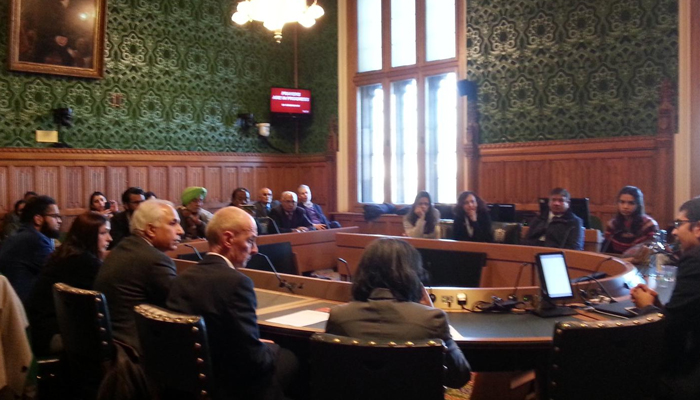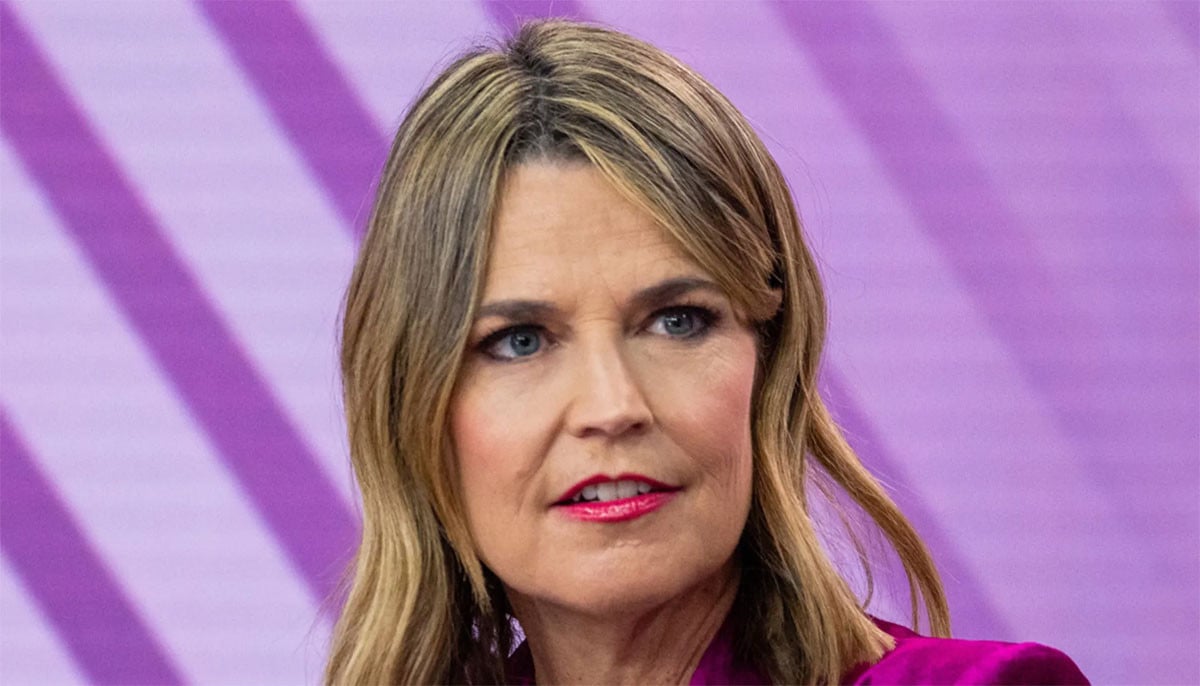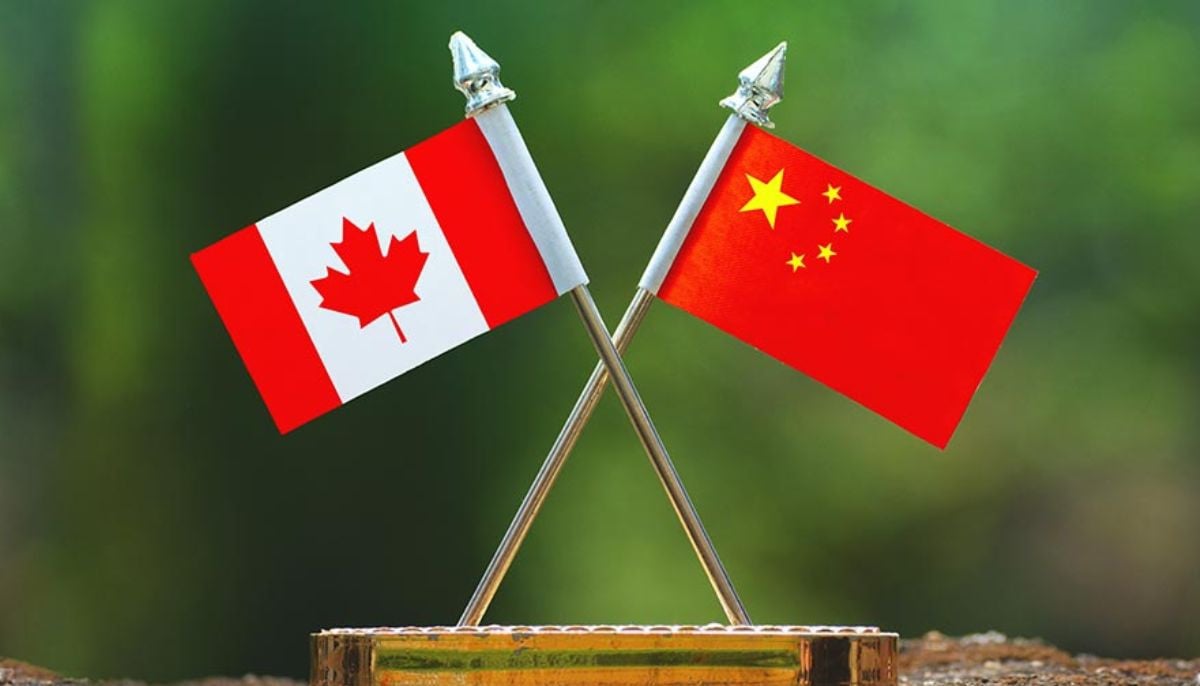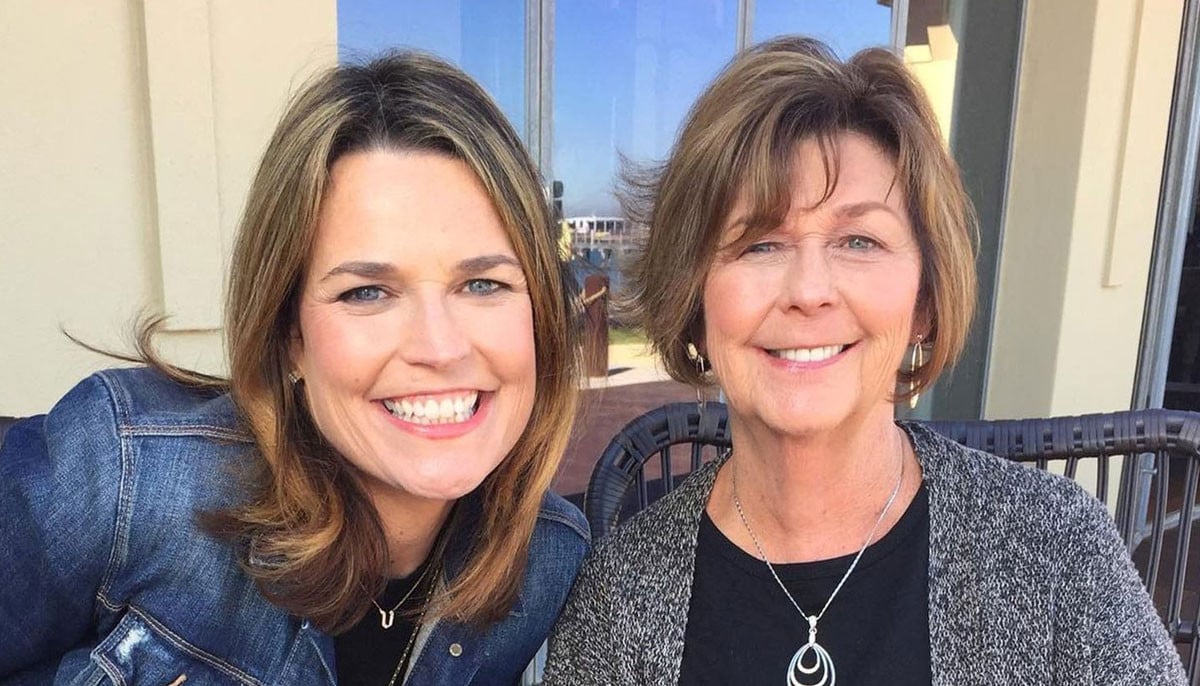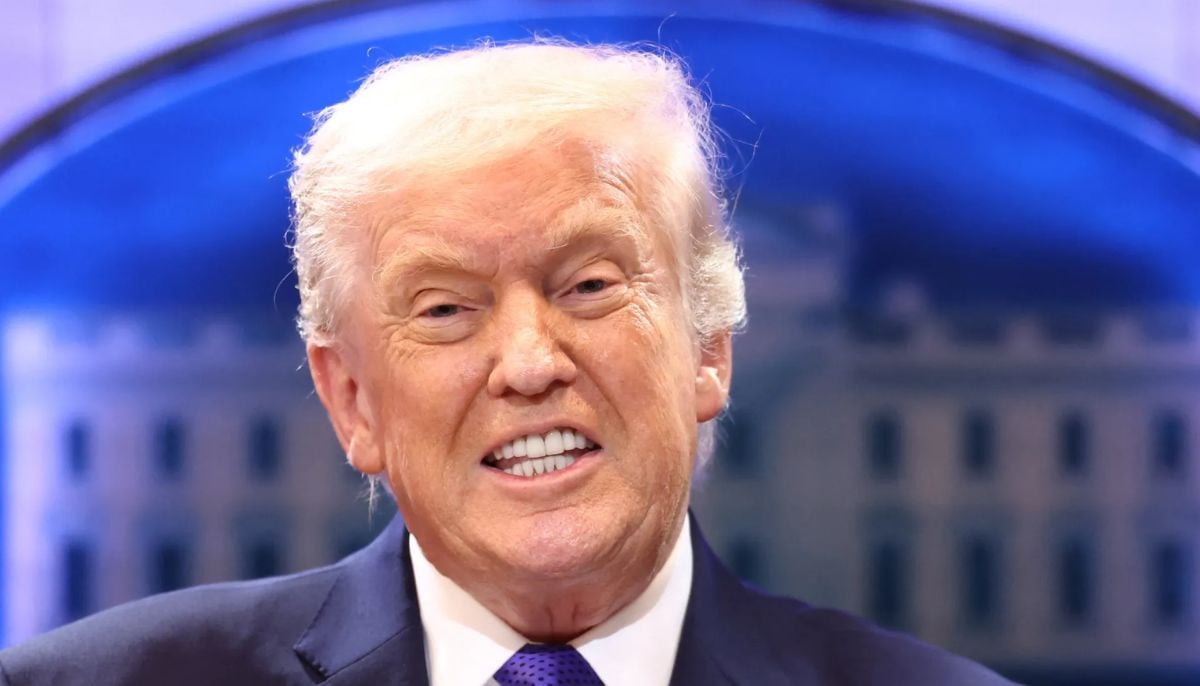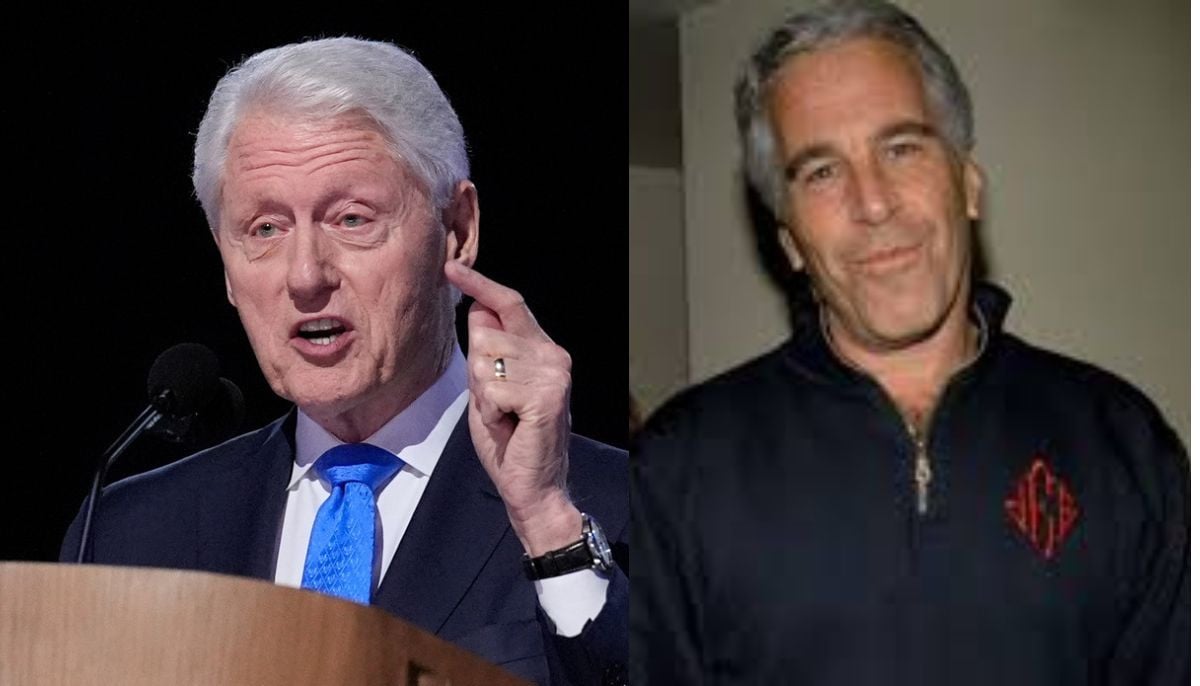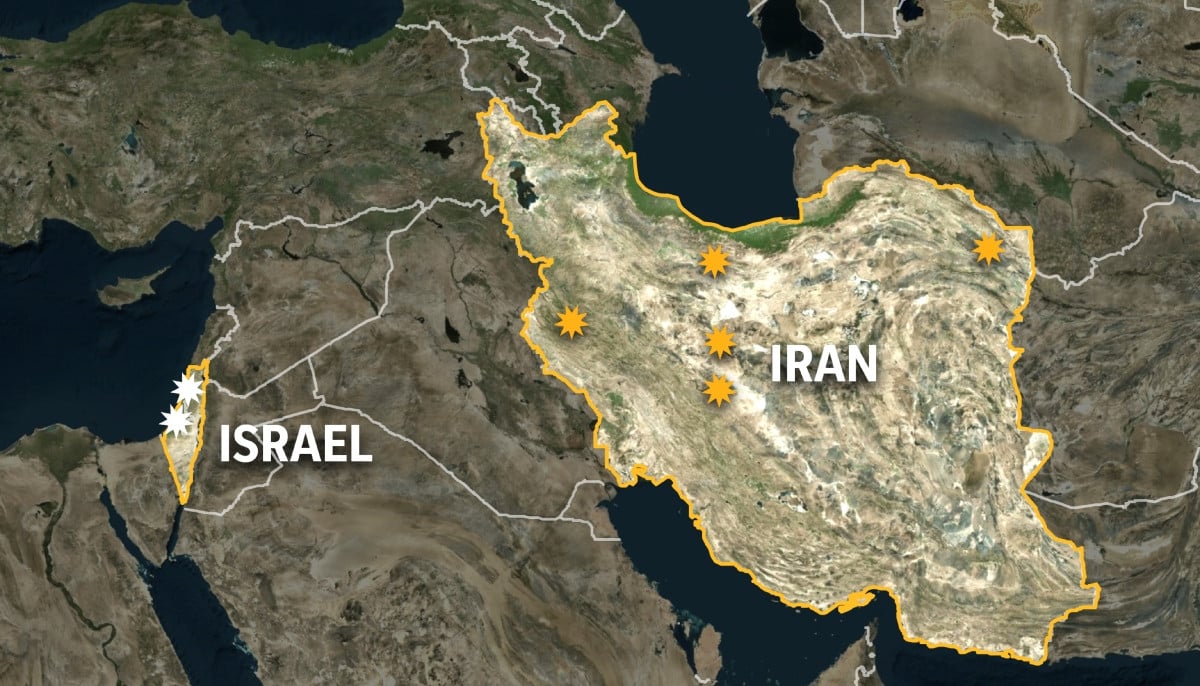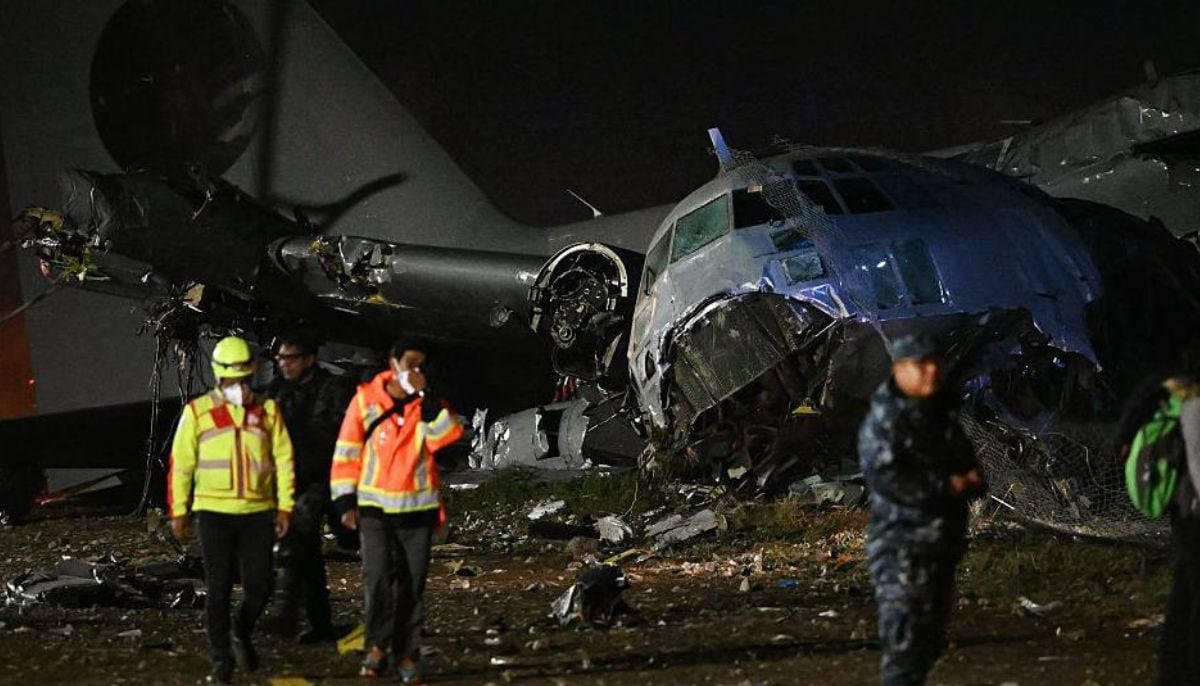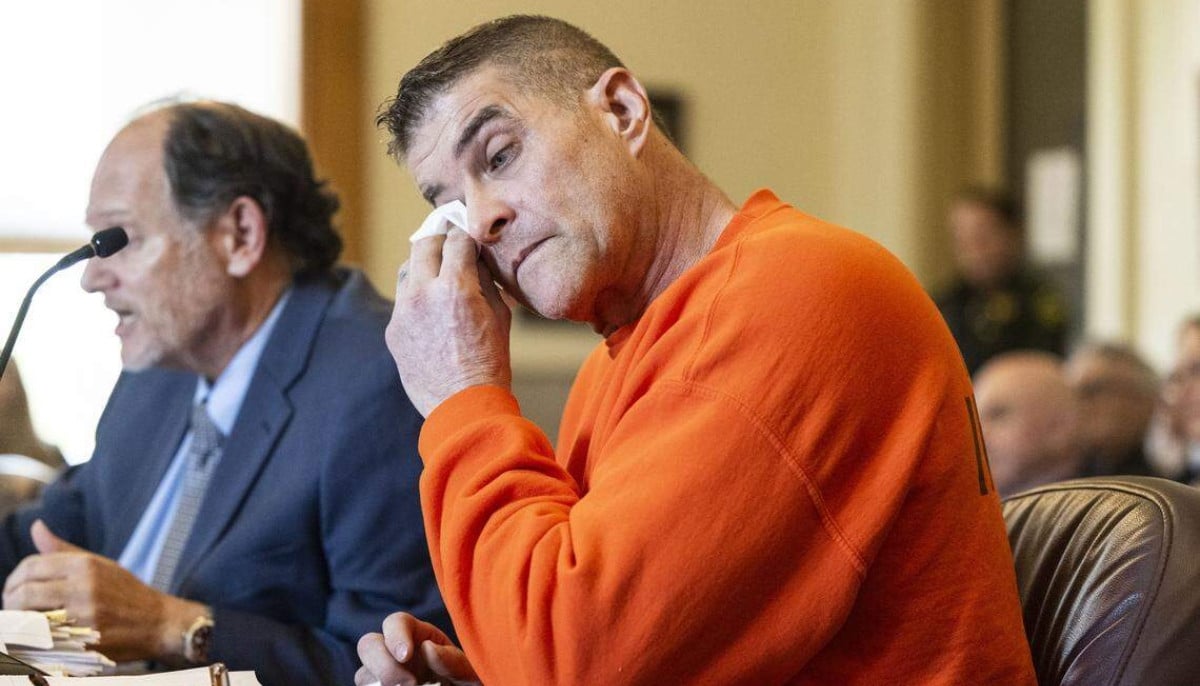British lawmakers concerned over Modi's actions, India's new citizenship laws
Several MPs said they would table a bill in parliament to talk over CAA,NRC,NRP
LONDON: Ambedkar International Mission (UK) and the South Asia Solidarity Group (SASG) hosted a meeting in the British parliament on Monday to talk over India's recent citizenship laws and the countrywide protest following them.
The meeting discussed the Citizenship Amendment Act, National Register of Citizens and National Population Register and the protests against them across India. Several British MPs expressed their concern about the legislation, its implications for human rights and potential for mass disenfranchisement of Muslims, and the situation in India more generally.
Introducing the meeting, Amrit Wilson of SASG highlighted the scale of the protests by students, women, Muslim communities, Dalits, urban and rural workers, and many others and the violence which had been unleashed on the protesters.
Announcing the UK release of a jury report from the People’s Tribunal on State Action in Uttar Pradesh (India), she noted that it documented appalling violence against Muslims by the police accompanied by armed thugs affiliated to the ruling party and that this was a direct response to directions from the Chief Minister Yogi Adiyanath who had called for ‘revenge’ to be carried out against the Muslim community for protesting.
The meeting, sponsored by Stephen Timms MP, was addressed by lawyer and legal scholar Gautam Bhatia who is currently involved in the Supreme Court challenge to the legislation. He explained the brazenly discriminatory nature of the CAA, the potential for mass disenfranchisement of Muslims, and why it undermines the Indian citizenship guaranteed by the Constitution.
Satpal Muman, chair of the UK’s largest Dalit organisation CasteWatchUK, reminded the audience of BR Ambedkar's warning that “Hindu Raj” would be a calamity for India, and expressed solidarity with the masses on the streets in India defending their fundamental right.
He noted the active role of the Hindu Swayamsevak Sangh and other overseas Hindutva organisations in blocking legislation in the UK which would make caste discrimination illegal.
Timms said: “I have been struck by the diversity of the people who are protesting against these measures in India in my constituency. Hindus, Muslims and Sikhs are all coming together.”
He stated that he has written to the UK foreign office urging it to take a stand and has also written to the Indian High Commission expressing his deep concern about the CAA,NRC,NPR and their impact.
The MP recounted that he was a frequent visitor to a Hindu temple in his constituency but he was shocked when some of his Indian constituents told him that they had been told at the temple that they were “not allowed” to vote for Labour Party during the 2019 UK elections.
Rupa Huq, MP for Ealing Central and Acton (Labour) also expressed her concern about the impact of the legislation and raised the question of how (Non-resident Indian) NRIs’ citizenship may be affected.
Claudia Webbe, MP for Leicester East (Labour) pledged to call on PM Modi to revoke the discriminatory CAA which violates human rights. She also spoke about the “unprecedented hate campaign” she faced in the UK election 2019.
Pat McFadden, MP for Wolverhampton South East (Labour) expressed his concern about the way the Conservative Party had blocked the implementation of legislation outlawing caste discrimination in the UK, under pressure from pro-Hindutva organisations.
Several of the MPs said that they would table an Early Day Motion in parliament calling for the CAA and NRC,NPR to be discussed in parliament.
January 25 will see a National Demonstration Against Fascism in India on the eve of Republic Day which brings together many different diaspora organisations in solidarity with the resistance to the CAA, NRC and NPR.
-
Savannah Guthrie speculations 'sadly' coming true about mother Nancy
-
Trump administration warns of slow payouts for tariff refunds amid intensifying trade disputes
-
‘I saw nothing’: Bill Clinton denies knowledge of Epstein’s crimes in House testimony
-
Israel launches attack on Iran's capital and declares state of emergency
-
At least 15 dead after military plane carrying new banknotes plunges out of control in Bolivia
-
Daniel Serafini gets life without parole in in-laws murder and attempted murder case
-
Nakiska Ski Area avalanche leaves youth unresponsive, second skier escapes unhurt
-
Igor Komarov missing in Bali: Seven foreign suspects arrested in kidnapping probe
